NFT market place
Abstract: NFTs, or Non-Fungible Tokens, are revolutionizing digital asset ownership. Unlike cryptocurrencies, each NFT is unique and verifiable, providing intrinsic value in digital art, collectibles, and gaming.
What Are NFTs?
NFTs are digital assets that use blockchain technology to represent ownership of a specific item or piece of content. The blockchain ensures authenticity and prevents duplication, while also allowing for traceability of ownership and transactions.
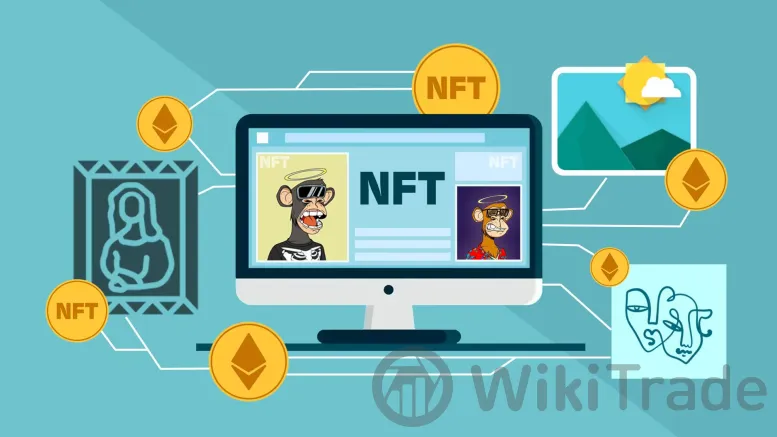
Historical Development
The NFT market evolved from early platforms like Colored Coins and Counterparty to the widespread adoption of Ethereum's ERC-721 standard, which facilitated the creation of unique, transferable tokens.
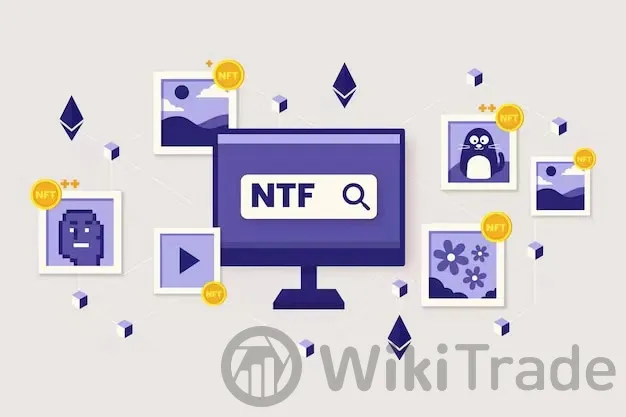
NFT Applications
NFTs have found applications across various sectors:
Art
Platforms like SuperRare and Foundation have enabled artists to monetize their digital art, even earning royalties on secondary sales.
Real Estate
Virtual platforms such as Decentraland and The Sandbox allow users to trade virtual land and assets as NFTs.
Fashion
Brands like Nike and Gucci are experimenting with NFTs, offering digital versions of their products.
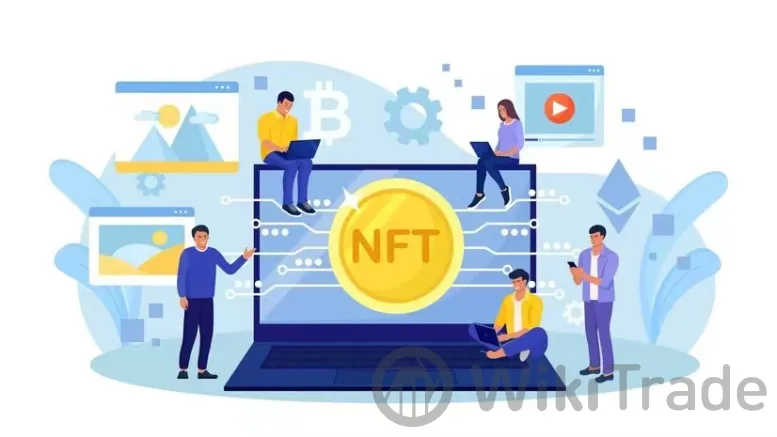
NFT Platforms
Solana and AVAX
Solana stands out for its high throughput and low fees, making it ideal for NFT transactions. AVAX, known for its rapid transaction processing, is another significant player.
Solana vs. Other Blockchains
Solana's proof of stake mechanism offers advantages over proof of work blockchains in terms of energy efficiency and speed.
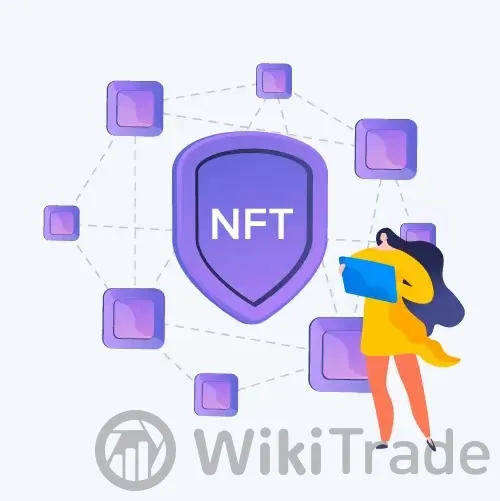
Upcoming NFT Drops
Keep an eye on platforms like OpenSea, Rarible, and Nifty Gateway for announcements of new, high-profile NFT projects.
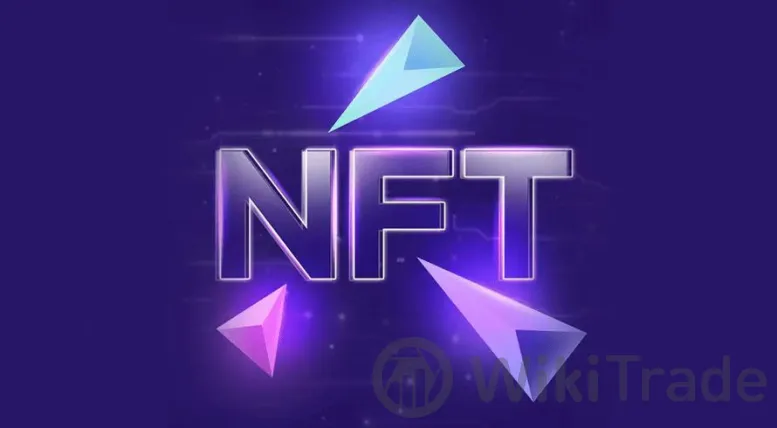
NFT Trading and Auctioning
Basics
To buy or sell NFTs, you'll need a digital wallet, funding with cryptocurrency, and a marketplace.
Auction Strategies
Auctions are crucial for determining the market value of NFTs. Strategies include sniping (bidding at the last moment) and incremental bidding.
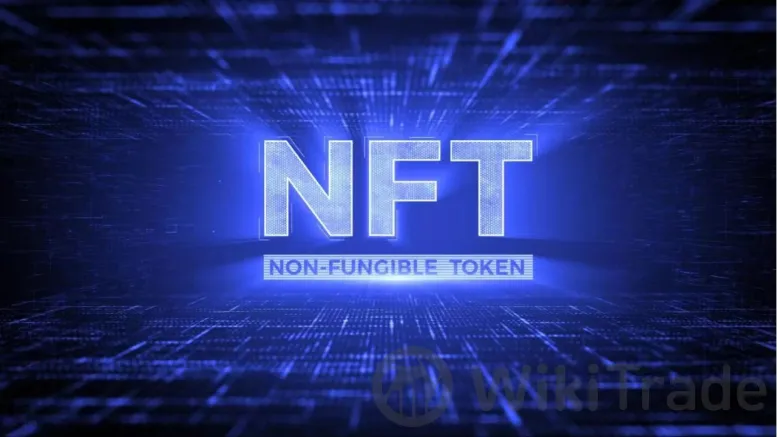
NFT Analytics
NFT analytics tools provide insights into market dynamics, tracking transaction volumes, price trends, and wallet activities.
Market Analysis
Analyzing transaction volumes, wallet behavior, and liquidity metrics can help predict market trends.
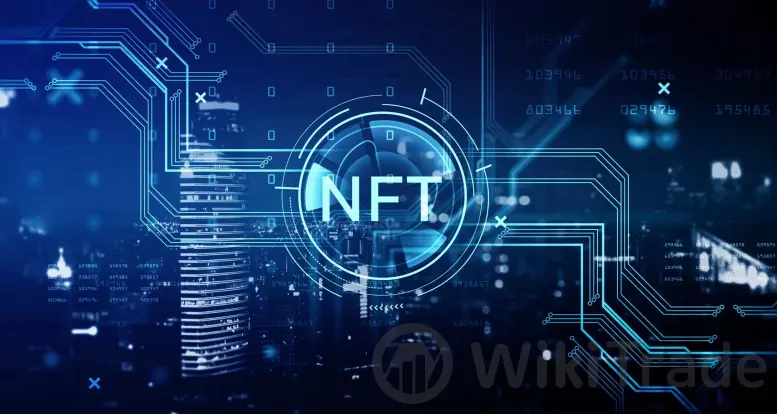
The Future of NFTs
NFTs are expanding into new industries and facing increased regulation. Technological innovations in blockchain are expected to enhance NFT utility.
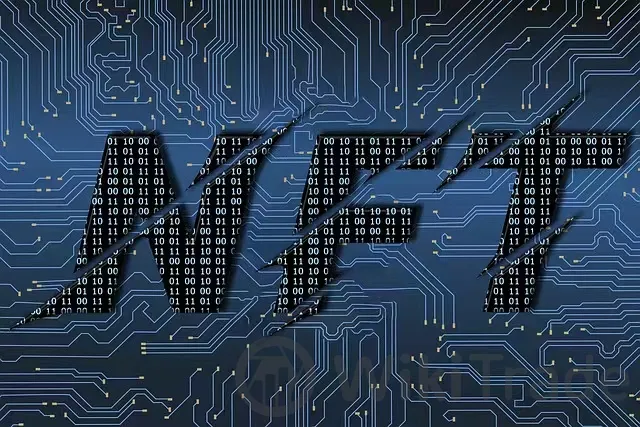
Risks and Opportunities
Risks
Market volatility, regulatory uncertainty, and fraud are key risks in the NFT market.
Opportunities
The potential for expansion into new industries and technological advancements presents opportunities for growth.
Cryptocurrency Purchasing Guide
To engage with NFTs, you'll first need to acquire cryptocurrencies like Bitcoin or Ethereum through a trading platform.
Choosing a Platform
Consider fees, security, user experience, and reputation when selecting a trading platform.
FAQs
What is an NFT?
An NFT is a unique digital asset that represents ownership of a specific item, using blockchain technology to ensure authenticity.
How to Buy and Sell NFTs?
Choose a digital wallet, add funds, select a marketplace, and buy or sell NFTs by following the platform's.
Safest NFT Transaction Platform
Consider security, user volume, ease of use, and fees when choosing a platform.
Future Trends in NFTs
NFTs are expected to expand into various industries, with increased regulation and technological innovations.
Main Risks of Investing in NFTs
Investing in NFTs carries risks such as market volatility, liquidity, regulatory changes, and fraud.




Top News
 WikiTrade
WikiTrade WikiTrade
WikiTrade WikiTrade
WikiTrade WikiTrade
WikiTrade WikiTrade
WikiTrade WikiTrade
WikiTrade WikiTrade
WikiTrade WikiTrade
WikiTrade WikiTrade
WikiTrade WikiTrade
WikiTrade


